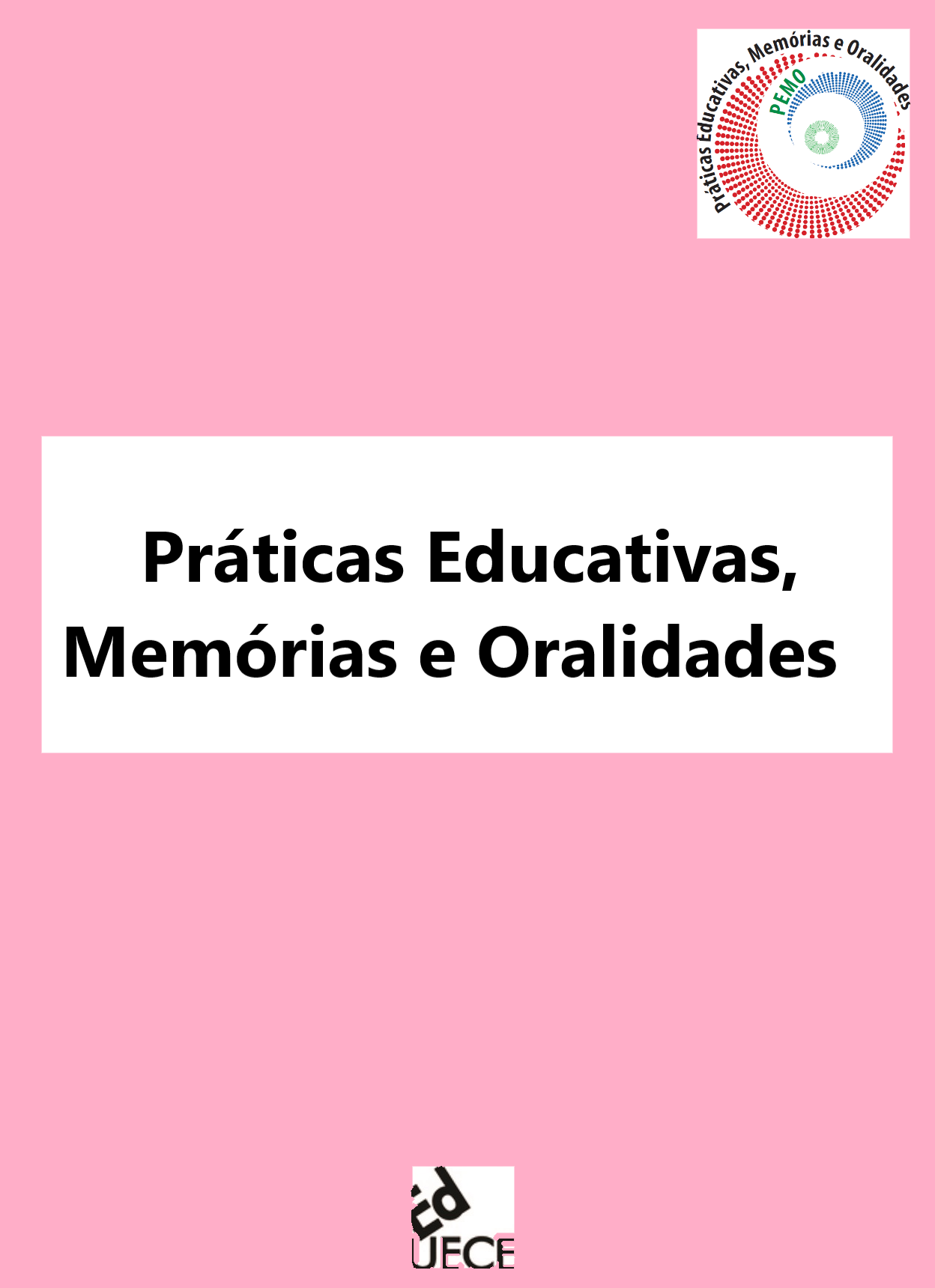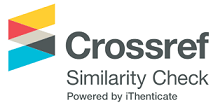Fanfictions in cyberspace: new ways of reading and forming readers
DOI:
https://doi.org/10.47149/pemo.v4.e48689Keywords:
Fanfictions, Reader training, CyberspaceAbstract
The article in question is the result of the course conclusion work in the area of Pedagogy with emphasis on the formation of the reader. It presents an excerpt of the research focused on the analysis of the process of formation of readers in cyberspace through fanfics, since this type of writing/reading has gained notoriety among readers when it comes to new ways of reading literature. It is assumed that the formation of readers is an ongoing activity and that expanding the concept of education and reading beyond school and printed books is already a reality. The object is to analyze the process of reader formation in cyberspace through fanfics. This qualitative research is woven from the voices of young readers in their virtual reading environments. The results identify avid and participatory readers, who make this reading modality a bridge to the reading of the literary text, expanding the formation of readers of literature in the digital scenario digit.
Downloads
References
AMARILHA, M. A formação do jovem leitor de literatura e o contexto contemporâneo. In: AMARILHA, M. (org.). Alice que não foi ao país das maravilhas: educar para ler ficção na escola. 1. ed. São Paulo: Editora Livraria da Física, 2013.
AZEVEDO, R. Formação de leitores e razões para a literatura. In: SOUZA, R. J. de. (org.) Caminhos para a formação do leitor. São Paulo: DCL, 2004.
BENEVIDES, S. A. A leitura como prática dialógica. In: ZOZZOLI, R. M.D.; OLIVEIRA, M. B. de. (org.). Leitura, escrita e ensino. Maceió: EDUFAL, 2008.
BRITTO. P. L. Contra o consenso: cultura escrita, educação e participação. Campinas: Mercado de Letras, 2003.
BUSIN, C. B. Diálogo com o corpo docente: reconhecendo as fanfictions como práticas de produção textual na escola. 2020. 55f. Monografia (Licenciatura em Pedagogia) – Faculdade de Educação, Universidade Federal Fluminense, Niterói, 2020.
CANDIDO, A. O direito à literatura. In: CANDIDO, A. (org.). Vários escritos. 6. ed. Rio de Janeiro: Ouro sobre azul, 2017, p. 171-193.
DESLANDES S. F; GOMES R; MINAYO M. C. S. Pesquisa social: teoria, método e criatividade. 28. ed. Petrópolis: Vozes, 2009.
LÉVY, P. A emergência do cyberspace e as mutações culturais. Porto Alegre: Festival Usina de Arte e Cultura, 1994. Tradução de Suely Rolnik, João Batista Francisco e Carmem Oliveira. Disponível em: https://centro.observatoriorh.org/sites/centro.observa toriorh.org/files/webfiles/fulltext/ curso_obs/lectura5.pdf. Acesso em: 19 abr. 2021.
MIRANDA, F. M. Fandom: um novo sistema literário digital. In: FERREIRA. Ermelinda Meria Araújo. (Org.). Intersecções: Ciência e Tecnologia, Literatura e Arte. 1. ed. Recife: Editora Universitária UFPE, 2009, v. 1, p. 303-326.
OLIVEIRA, T. D. L. de. Fanfictions no ciberespaço: uma proposta de formação de leitores. 2021. 66f. Monografia (Licenciatura em Pedagogia) – Faculdade de Educação, Universidade do Estado do Rio Grande do Norte, Mossoró, 2021.
SARTRE, J. P. Que é a literatura? Tradução de Carlos Felipe Moisés. São Paulo: Ática, 2006.
TODOROV, T. A literatura em perigo. Tradução de Caio Moreira. Rio de Janeiro, DIFEL, 2009.
VARGAS, M. L. B. O fenômeno fanfiction: novas leituras e escrituras em meio eletrônico. Passo Fundo: Ed. Universidade de Passo Fundo, 2015.
YUNES. E. A provocação que a literatura faz no leitor. In: AMARILHA, Marly (org.). Educação e Leitura: redes de sentido. Brasília: Liber Livro, 2010.
Published
How to Cite
Issue
Section
License
Copyright (c) 2022 Taynná Danyelly Lemos de Oliveira , Emanuela Carla de Medeiros Queiros (Autor)

This work is licensed under a Creative Commons Attribution 4.0 International License.













